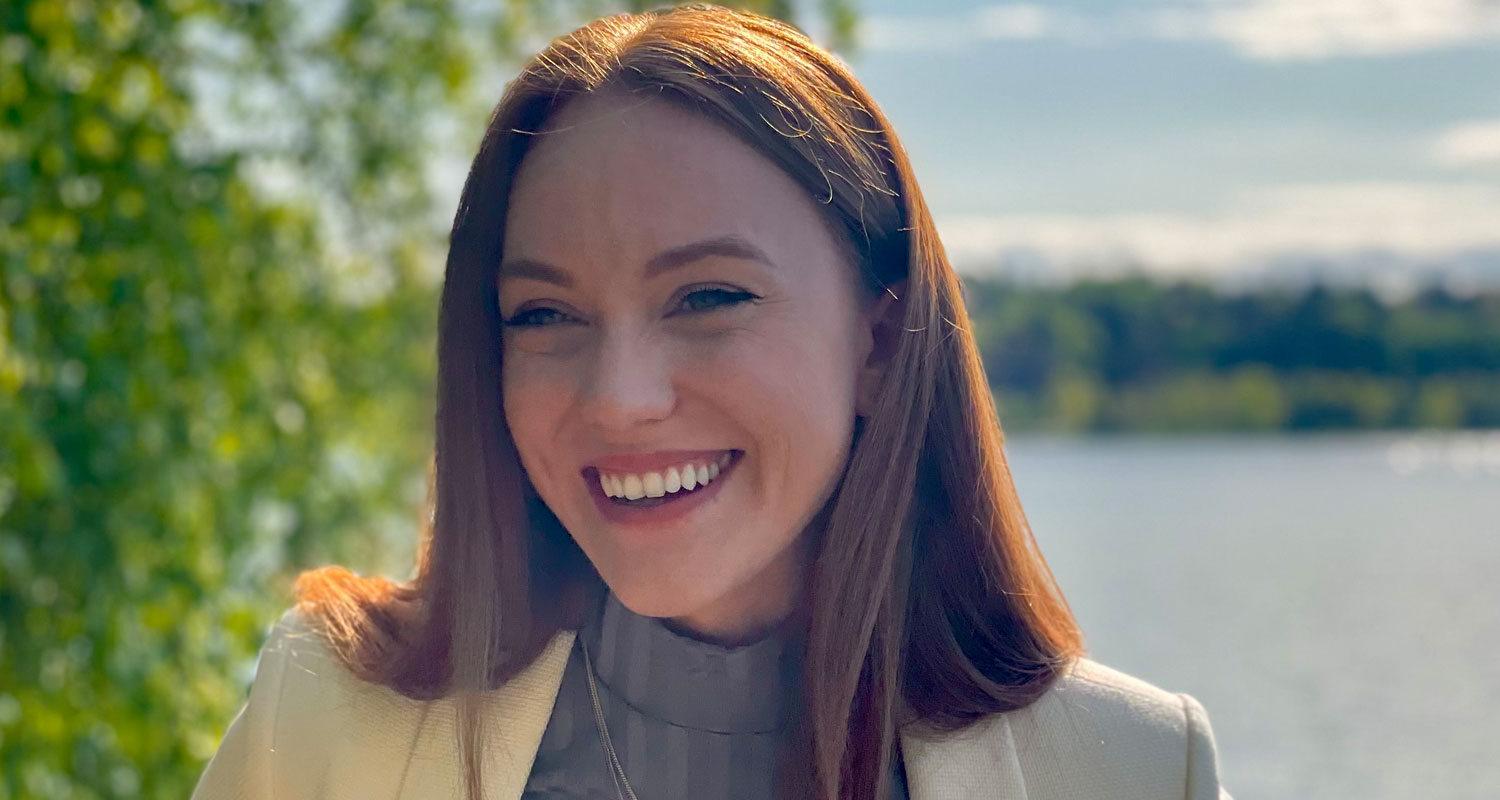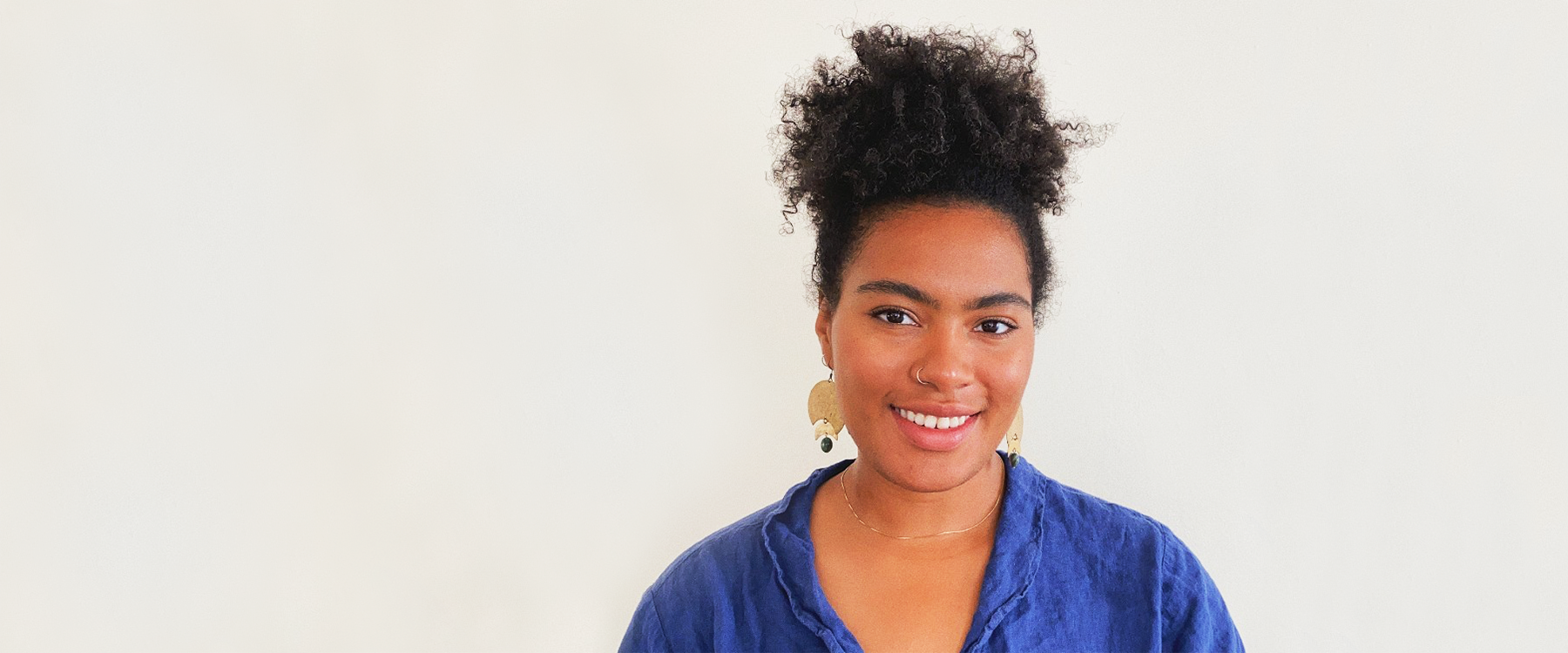It all started with a group of friends who care about the world — and want to change it for the better.
When the Black Lives Matter protests began after the murder of George Floyd in summer 2020, a group of OHSU medical students wanted to make their voices heard. Together, third-year medical students Michelle Leisner, Naima Alver, Daniel Tshala and others filmed a powerful call-to-action video to speak out about racial inequity and the importance of diversity within medicine.
But they wanted to do more. They wanted to create lasting change while uplifting the Black, indigenous and people of color (BIPOC) community.
“Applying to medical school — and attending medical school — costs a lot,” Michelle said. “And we know there’s a bottleneck for many students because of the cost of education. Moreover, socioeconomic status is deeply dependent on race, so we economically preclude diversity in medicine. My father always told me to put my money where my mouth is, so we decided to establish a scholarship to support students of color in attending OHSU.”
Michelle, Naima, Daniel and second-year student José Manuel Carrillo-Castro have recently established the Excellence and Equity in Medical Education Endowment. The goal is to provide access to medical education for diverse students with a financial need.
“My hope is that if this project is successful, we can alleviate the financial stressors which keep BIPOC students from attending OHSU, and ultimately increase the number of diverse health care providers who are more representative of our communities.”
Daniel Tshala, third-year medical student
“I had several friends who chose not to apply to medical school due to financial concerns. Many of them were students of color who had excellent grades, a great work ethic, and the compassion needed to become excellent physicians,” Daniel said. “Over the past year, there has been increased awareness of the many inequalities that exist in our society, specifically those regarding race and equity.”
Many people of color face challenges and systemic discrimination in our society, including in health care. From the moment they’re born, Black Americans face infant mortality rates twice higher than white infants. Black Americans are more likely to die from COVID-19, heart disease and infectious diseases. Many suffer from diabetes and high blood pressure at higher rates.
And some of these health disparities are related to underrepresentation in health care. According to the Association of American Medical Colleges, in 2018 only 5 percent of physicians identified as Black or African American, 5.8 percent identified as Hispanic, and 0.3 percent identified as American Indian or Alaska Native.
“My hope is that if this project is successful, we can alleviate the financial stressors which keep BIPOC students from attending OHSU, and ultimately increase the number of diverse health care providers who are more representative of our communities,” Daniel said.
Providing opportunity
Every year, OHSU competes with other schools for the most promising students. But financial aid often influences where a student can go. And with the rising costs of living and high interest rates for loans, taking on student loans can be stressful and deter students from attending school.
That’s why scholarships are important — they give an opportunity to talented and diverse students who might not otherwise be able to attend medical school at OHSU.
“Many of the obstacles I faced in my academic career as a first-generation immigrant would have been much harder to overcome without the help of resources like scholarship funds,” José said. “I hope this project will give other underserved students the opportunity to get the education they deserve, follow their passion, and become a changing force in the medical system.”
Scholarships and student support are made possible through the generous help of many donors. As Oregon’s population continues to grow in both size and diversity, it’s critical to provide the best, brightest and most diverse students the opportunity to meet changing health care needs.
“We want to make the health care field richer and more diverse, both for those of us in medicine and for our patients, and provide a platform for qualified individuals to shine,” Michelle said. “This endowment is just one angle to make a small, but hopefully impactful, change.”





